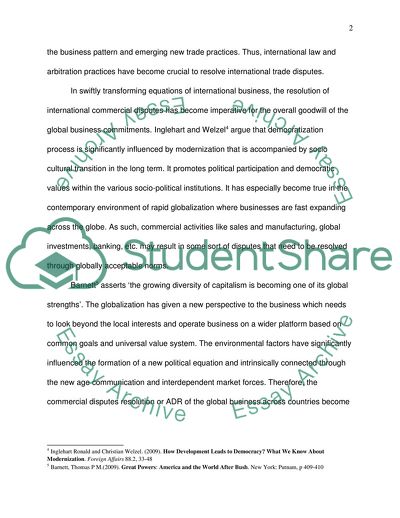Cite this document
(International Law and Geopolitical Groupings Coursework, n.d.)
International Law and Geopolitical Groupings Coursework. https://studentshare.org/politics/1733799-are-the-attitudes-and-interests-of-the-worlds-different-geo-political-groupings-of-states-too-diverse-to-allow-the-proper-functioning-of-international-law
International Law and Geopolitical Groupings Coursework. https://studentshare.org/politics/1733799-are-the-attitudes-and-interests-of-the-worlds-different-geo-political-groupings-of-states-too-diverse-to-allow-the-proper-functioning-of-international-law
(International Law and Geopolitical Groupings Coursework)
International Law and Geopolitical Groupings Coursework. https://studentshare.org/politics/1733799-are-the-attitudes-and-interests-of-the-worlds-different-geo-political-groupings-of-states-too-diverse-to-allow-the-proper-functioning-of-international-law.
International Law and Geopolitical Groupings Coursework. https://studentshare.org/politics/1733799-are-the-attitudes-and-interests-of-the-worlds-different-geo-political-groupings-of-states-too-diverse-to-allow-the-proper-functioning-of-international-law.
“International Law and Geopolitical Groupings Coursework”. https://studentshare.org/politics/1733799-are-the-attitudes-and-interests-of-the-worlds-different-geo-political-groupings-of-states-too-diverse-to-allow-the-proper-functioning-of-international-law.


